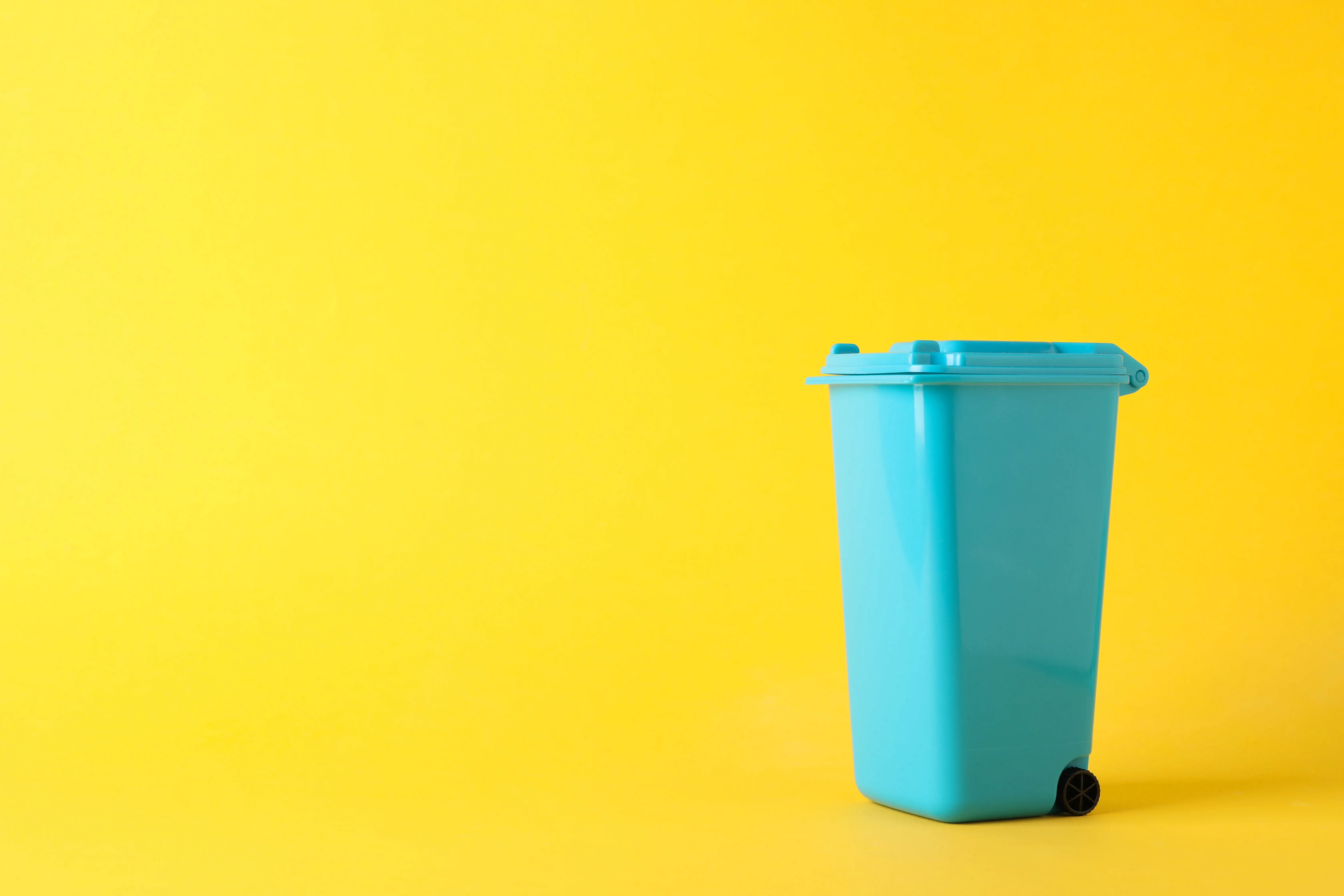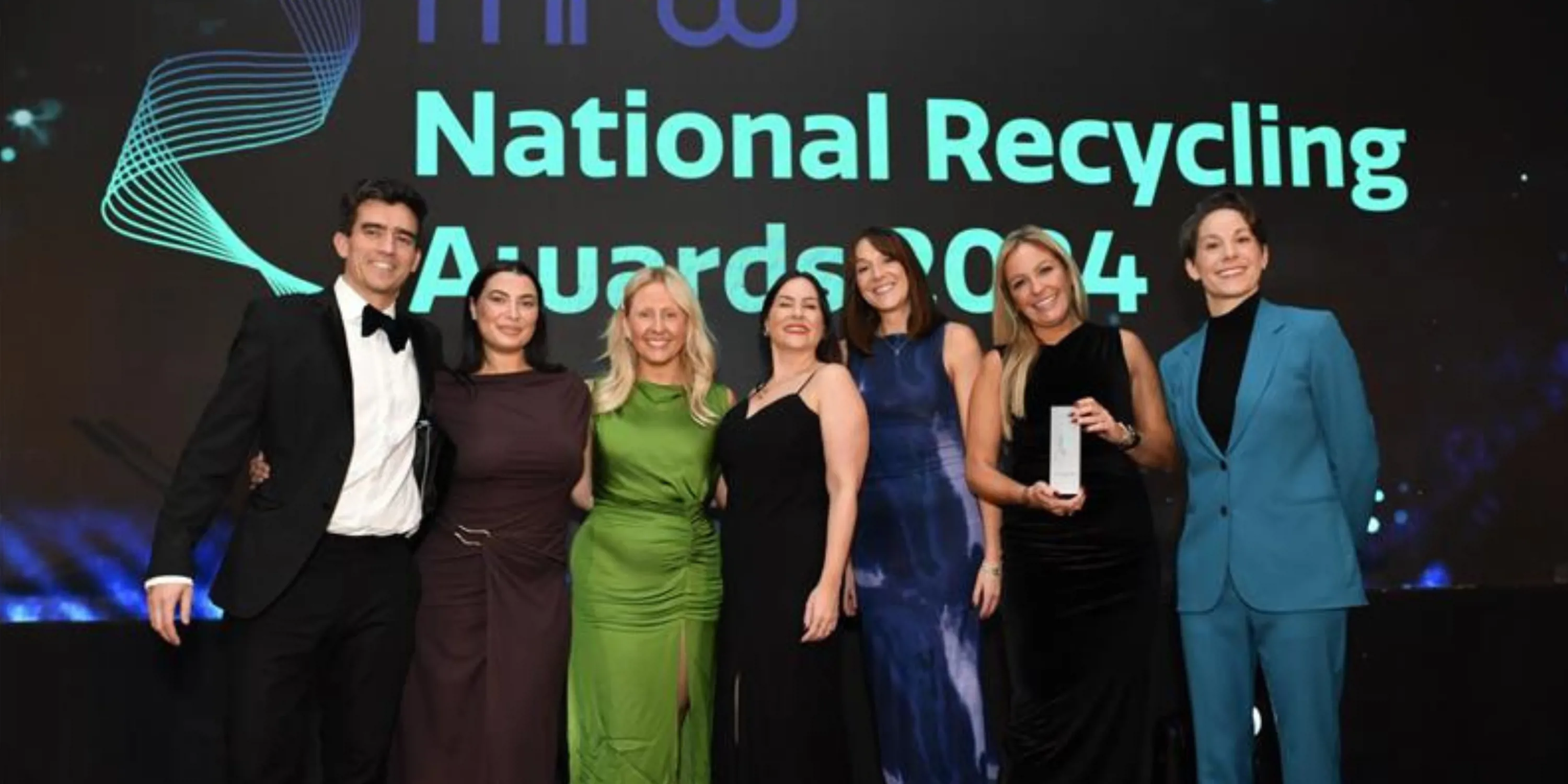In October 2027 a deposit return scheme (DRS) for plastic bottles and aluminium cans will go live across England, Scotland and Northern Ireland. Wales will introduce their own scheme to run alongside, with the Welsh Government ensuring it addresses local needs and aligns with the broader UK strategy.
The UK government, along with the devolved administrations in Scotland, Wales, and Northern Ireland, are introducing the Deposit Return Scheme (DRS) to increase recycling rates and reduce littering of single-use drinks containers. The ambitious scheme will cover plastic bottles and metal drinks containers (not glass bottles) to achieve a 90% recycling rate for these materials.
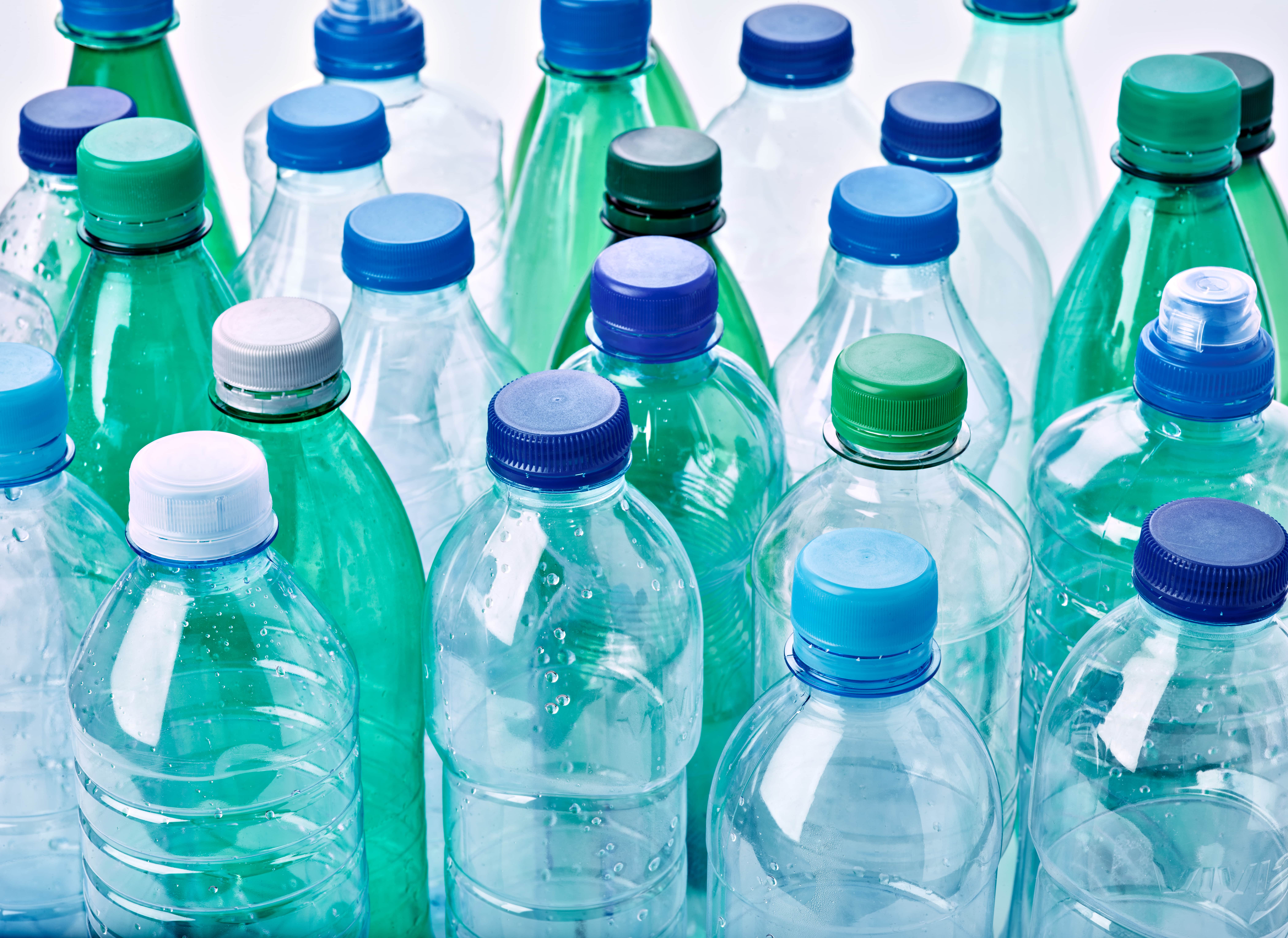
The scheme will work by charging a small deposit on drinks containers, which can be refunded when the empty container is returned to a collection point, such as a local supermarket or convenience store.
Scottish Ministers will play a crucial role in appointing a Deposit Management Organisation (DMO) and overseeing the legal framework for the scheme in Scotland.
How are empty drink containers recycled at the moment?
Plastic and aluminium drinks containers can be recycled at home or using recycling bins on the street or other locations, but modifying consumer behaviour is crucial to improving recycling rates. The current recycling rate stands at around 70% but with around 30 billion single-use drink containers bought every year in the UK, that still leaves a huge volume not being recycled.
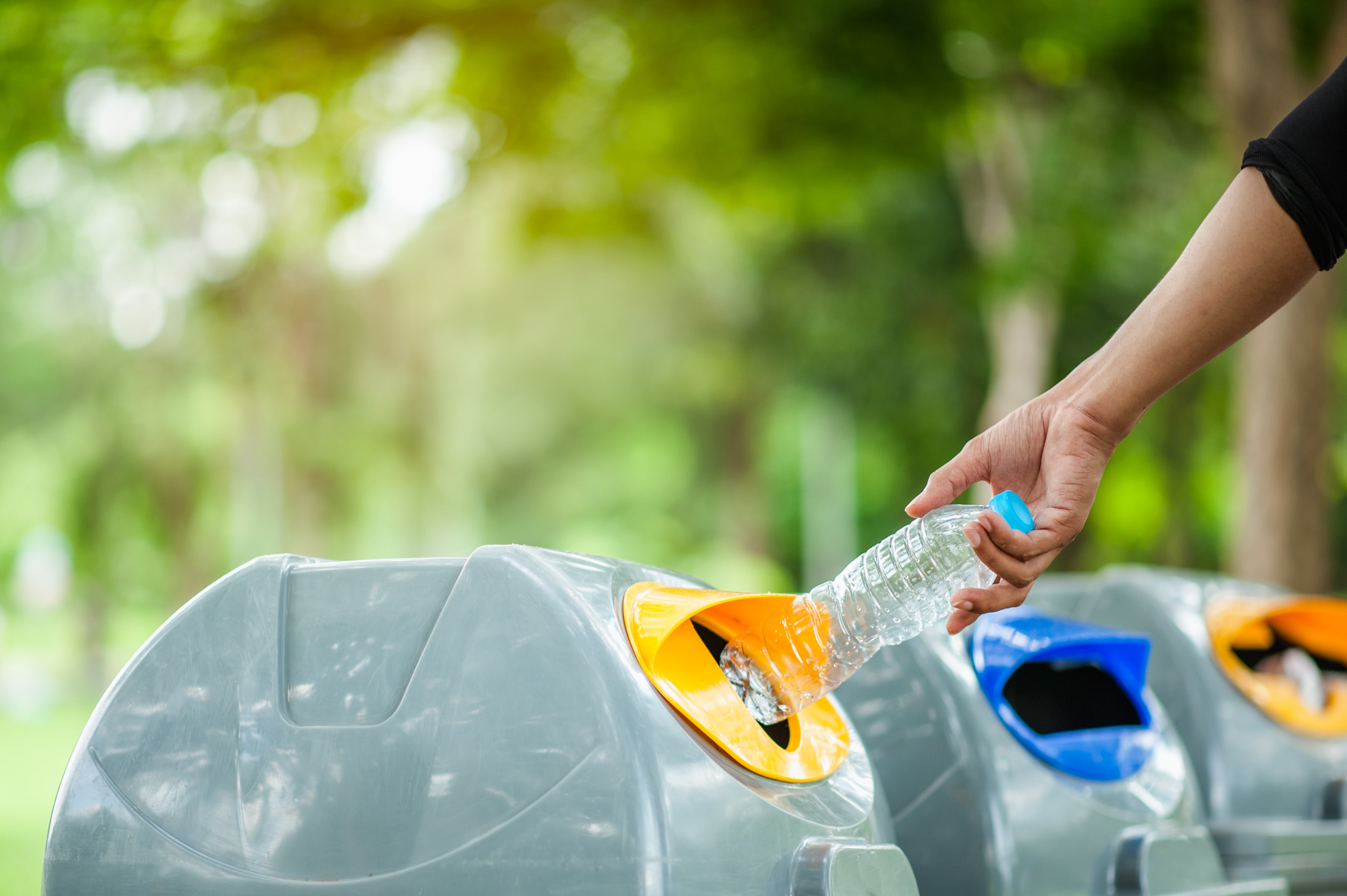
A significant amount of single-use drinks containers end up either littered or in landfill, emphasizing the need for better collection and recycling systems.
Drinks bought on the move, rather than for drinking at home, are more likely to be thrown in a general waste bin which will potentially end up in landfill. Otherwise these bottles and cans are just discarded as litter. The environmental charity Keep Britain Tidy reports that 75% of our litter is made up of drinks containers. A campaign that incentivises the return of these containers is bound to have a positive impact.
Improving recycling rates will help the UK move to a more sustainable circular economy, taking waste plastic out of landfill and out of our environment.
How will the Deposit Return Scheme work?
When customers buy single use drinks containers, they will pay an additional charge which is a refundable deposit on the container. Implementing such a scheme has proven effective in other countries. The amount of deposit has not yet been set but in countries across Europe this deposit is around €0.10-0.15.
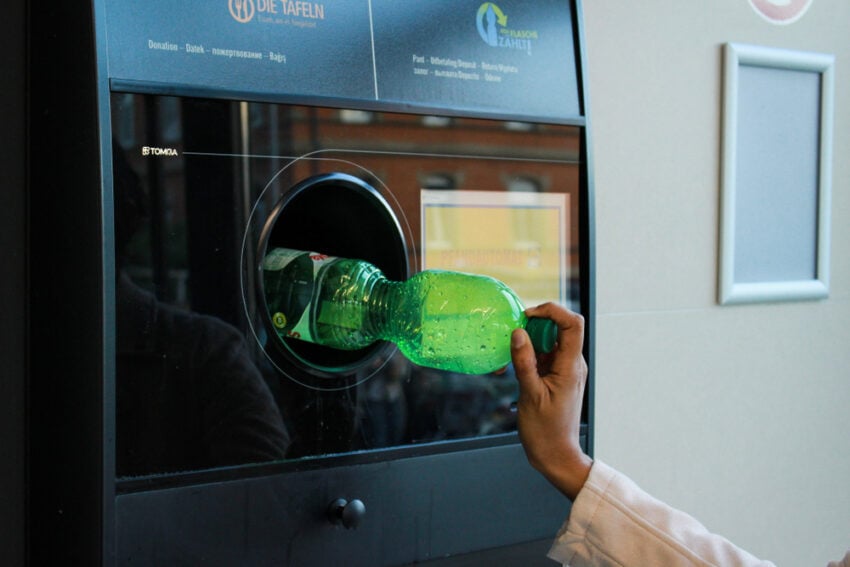
The deposit is refunded when the consumer returns drink containers or cans to a collection point. It provides an incentive to return and recycle, instead of just discarding. Initially, the scheme will cover containers between 150ml and 3 litres made of PET plastic or aluminium. The Wales scheme will include reusable glass containers. The introduction of new drink containers under this scheme aims to reduce litter and promote recycling across the UK.
Retailers of certain types and sizes will be obliged to have a system for collection, which can be a reverse vending machine or a physical collection point. They will pay their wholesale supplier a deposit charge on eligible drinks and they will pass on that charge to the customer at point of sale. Supermarkets will act as designated return points from the launch of the scheme, with other organisations having the option to host voluntary return points, benefiting from increased customer traffic.
Implementation Timeline
The implementation timeline for the DRS is as follows:
-
Spring 2025: Regulations will be in place, and the Deposit Management Organisation (DMO) will be appointed.
-
Spring 2025 to Spring 2026: The DMO will establish itself as an organization and provide businesses with information needed to prepare for the scheme’s launch.
-
Spring 2026 to Autumn 2027: Businesses will make the necessary changes to participate in the scheme, and the DMO will provide support and guidance.
-
October 2027: The DRS will be launched across England, Scotland, and Northern Ireland. The scheme’s implementation will be supported by a range of stakeholders, including local authorities, who will play a key role in promoting the scheme and encouraging participation.
Who will be looking after the DPS?
The UK government has been working closely with the devolved administrations, industry stakeholders, and environmental organisations, such as the Marine Conservation Society, to develop the DRS policy. The scheme is part of a broader package of packaging reforms aimed at reducing waste and increasing recycling levels.
The Deposit Management Organisation (DMO) will be responsible for the day-to-day running of the scheme, and will work with drinks producers, retailers, and other stakeholders to ensure the scheme’s success. The DMO will be a not-for-profit organisation, and will be responsible for managing the scheme’s finances, including the collection and refund of deposits.
UK Government advice for drinks retailers
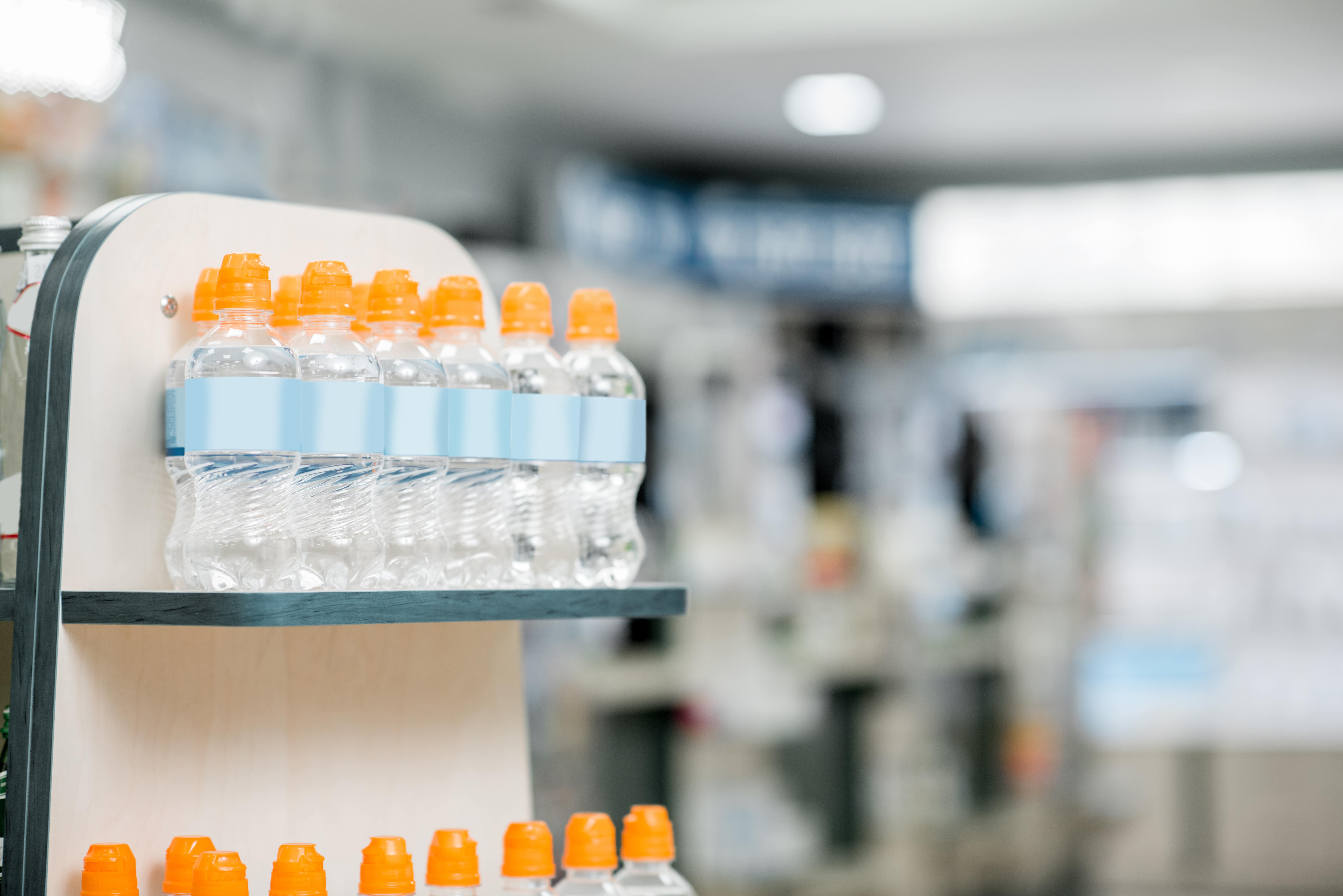
According to the latest information issued by the Government:
‘Supermarkets, grocery stores, convenience stores and newsagents that sell drinks in the scheme must host a return point for drinks containers, unless they qualify for an exemption. The return point can be manual or automated using a reverse vending machine.
These retailers must also:
-
register with the deposit management organisation
-
pay the deposit back to consumers at the point of return (via voucher, card or cash)
-
store returned containers for collection
-
display information so customers know how the scheme works’
Return point operators should be mindful of the additional costs associated with managing the return of drink containers.
Stores can be exempted based on size (those less than 100m2). Alternatively retailers can apply for an exemption because of their proximity to another physical return point or if their layout, size, design or construction makes it difficult for them to be a collection point. Ensuring maximum alignment among the schemes is crucial to maintain simplicity for consumers and businesses while achieving economic and environmental goals.
The Deposit Return Scheme for Hospitality businesses
Venues that sell drinks for consuming on the premises, ie cafes, restaurants and pubs, can choose not to pass on the deposit charge to customers. In this case they have to clearly signpost that they are opting out and ask customers to leave their empty containers. The venue will then return these to the DMO and claim back the deposit money they paid to their supplier. Of course, customers might opt to take them away to claim the deposit refund, but either way the environment benefits by encouraging people to return their empty drinks containers.

Any drinks retailer or other venue can apply to take part in the voluntary collection scheme, offering a collection point to consumers which could have the benefit of increasing footfall. Successful international schemes have shown that such initiatives can significantly boost recycling rates and inform best practices for domestic systems.
Benefits of the DRS launch
The DRS is expected to bring numerous benefits, including:
-
Increased recycling rates: The scheme will encourage people to return their empty drinks containers, reducing the amount of waste sent to landfill and increasing the amount of valuable materials recycled.
-
Reduced littering: By putting a value on drinks containers, the scheme will encourage people to dispose of them properly, reducing the amount of litter in streets, parks, and other public spaces.
-
Job creation: The scheme will create new green jobs in the recycling and waste management sectors, contributing to the growth of a circular economy.
-
Carbon emissions reduction: By increasing recycling rates and reducing waste, the scheme will help to reduce carbon emissions and contribute to the UK’s climate change targets. The scheme will also help to promote a culture of recycling and sustainability, encouraging consumers to think more carefully about their purchasing decisions and the impact of their behavior on the environment.
Extender Producer Responsibility and other UK Government Legislation
We’re in the midst of recycling reforms and between now and the implementation of the DRS UK, businesses need to comply with Simpler Recycling and potentially with Extended Producer Responsibility reform. You’d be forgiven for thinking it’s getting complex.
But the aims of all these reforms are to reduce waste, improve recycling and have a positive environmental impact. International schemes provide valuable evidence for achieving these goals by demonstrating successful global examples of deposit return schemes (DRS). If you’re unsure of your responsibilities and how to comply with the immediate changes, do get in touch with our team.
Other UK governments are collaborating on environmental initiatives, particularly focusing on reuse and refill strategies aimed at decarbonising the drinks sector. This collaboration is crucial for developing and implementing effective schemes that increase sustainability and reduce waste.
Where are Deposit Return Schemes already in place
Germany has the highest success rate in Europe for their DRS with 98% of containers returned via the scheme. They also have one of the world’s highest container deposit values, at €0.25 flat for each single-use container.
Two years after a DRS was launched in Latvia, the number of drinks containers found on the coastline of the Baltic Sea was halved.
Overall across Europe, plastic drinks bottle collection rates are 47% without a deposit scheme and 94% with one according to a 2020 Eunomia report.
So Deposit Return Schemes work.
But there are obstacles to overcome too. The Netherlands introduced their DRS back in 2006, initially just collecting large plastic bottles. This was then rolled out to smaller plastic bottles in 2021 and drinks cans in 2023. The latest figures from the DMO in The Netherlands show that the official targets are not yet being met:
“A year after deposits were introduced on cans, 65% are being handed into collection points, as are 71% of bottles, Verpact said. The official target is 90%.”
One of the reasons is an insufficient number of collection points across the country and problems with malfunctioning vending machines where they are available.
The benefit of the UK being relatively late to the DRS party means we can hopefully learn from the mistakes of other countries and get it right first time.
Will the Deposit Return Scheme work?
The Deposit Return Scheme is a vital step towards reducing waste and increasing recycling rates in the UK. The scheme has the potential to make a significant impact on the environment, and its implementation will be a key milestone in the UK’s journey towards a more circular economy.
With the support of stakeholders across the UK, the scheme is expected to be a fantastic win for the environment, and will help to promote a culture of sustainability and recycling. The scheme’s success will depend on the participation of consumers, businesses, and local authorities, and it is essential that all stakeholders work together to ensure the scheme’s success. By doing so, we can reduce littering, increase recycling rates, and reduce the amount of recyclable materials going to landfill.

